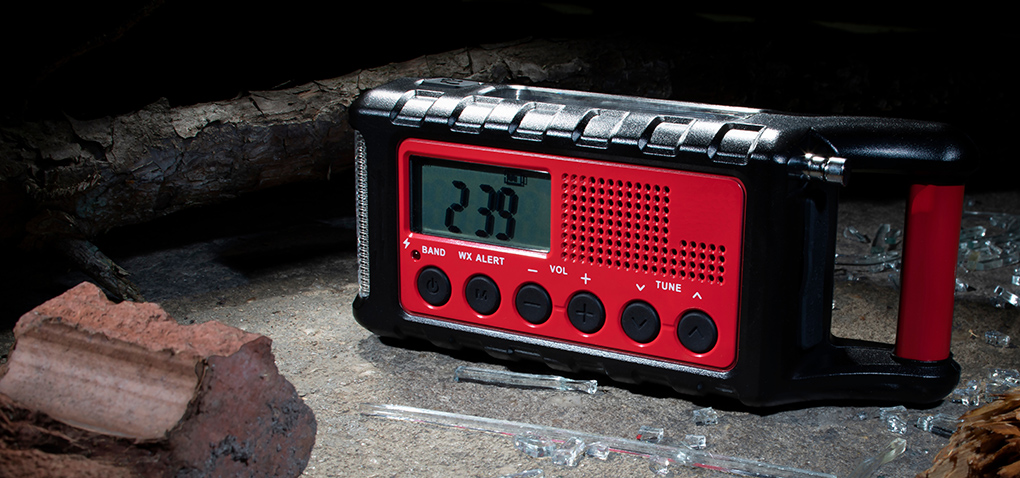Winter Weather Awareness: Forecasters urge planning now to beat the chill
Published 4:13 pm Thursday, November 14, 2024

- file
State weather watchers have designated Nov. 10-15 as Winter Weather Awareness Week in Alabama, encouraging residents to have a plan in place ahead of time to take the edge off the season’s infrequent, but sometimes severe, cold snaps.
In partnership with the Alabama Emergency Management Agency, the National Weather Service has compiled all the tips and common-sense strategies that come with staying safe and prepared during the coldest winter months. Winter Weather Awareness Week aims to highlight regional weather hazards including ice, snow, and extreme cold temperatures: Even in the fickle winter weather of the deep South, its hazards “can cause death, injury, and property damage,” reminds NWS.
Whether it’s protecting pets, staying indoors at home, or gearing up for a winter trip in the car, follow the Weather Service’s tips to assure you’re prepared for every cold-weather scenario:
Cold Weather Preparedness Tips for Home and/or Work:
The primary concerns at home and work are loss of heat, power, phone service, and a shortage of supplies (if winter storm conditions last for more than a day).
1. Plan ahead and have a winter weather kit available. Suggestions:
— Flashlight and extra batteries
— Battery-powered NOAA Weather Radio or portable AM/FM radio
— Extra food and water (high-energy food such as dried fruit or nuts and granola bars make good choices.)
— Extra medicine and baby items
— First aid supplies
— Heating fuel
—Fire extinguisher and smoke alarm
2. Make sure pets have plenty of food, water and shelter during the storm. During an especially cold or sustained weather event, bring pets indoors or, for outdoor animals, provide them with a sheltered area and a warm blanket. Check underneath and around your vehicle before leaving (honk your horn before starting car), as wild or stray animals may try to stay warm there when the weather is cold. After taking your pet for a walk, wipe its paws to remove any winter treatment chemicals (salt, antifreeze, or de-icers) with which they may have come into contact. And remember: If your pet is shivering, whining, anxious or unusually slow, it is at risk for hypothermia.
3. Make sure pipes are properly insulated and leave cabinet doors open around pipes to ensure they receive warmth.
4. Close off unneeded rooms and place towels or rags in any cracks under the doors.
5. In sustained sub-freezing temperatures, let faucets drip to prevent freezing water from causing pipes to burst.
6. DO NOT use candles if the electricity goes out since these can become a fire hazard.
7. Learn how to properly and safely use emergency heating sources (fireplace, wood stove, space heater) to prevent a fire. Make sure your heating sources are ventilated.
Travel Safety and Preparedness Tips for winter weather:
Check the latest weather information to avoid traveling during a winter storm. Minimize, avoid or postpone travel during such occasions if at all possible.
If travel is necessary during winter weather conditions, keep these tips in mind:
1. Let someone know your destination, route/alternate route, and when you expect to arrive. If your car gets stuck in the snow, help can be sent to your route.
2. Make sure your cell phone is fully charged.
3. Carry a winter storm emergency kit:
— Water (1 gallon per person per day for at least 3 days)
— Food (at least a 3-day supply, non-perishable food items)
— Blankets/sleeping bags
— Flashlight (extra batteries)
— First aid kit
— Cell phone charger
— Sand or cat litter for tire traction
— Windshield scraper and brush
— Shovel
— Tow rope
— Battery booster cables
4. Winterize your vehicle before traveling:
— Ensure your car battery has enough power
— Ensure your car is filled with antifreeze
— Keep the gas tank full (a full tank will keep the vehicle’s fuel line from freezing.)
5. Drive with extreme caution and avoid overpasses and bridges.
Benjamin Bullard can be reached at bbullard@cullmantimes.com or 256-734-2131 ext. 234.



